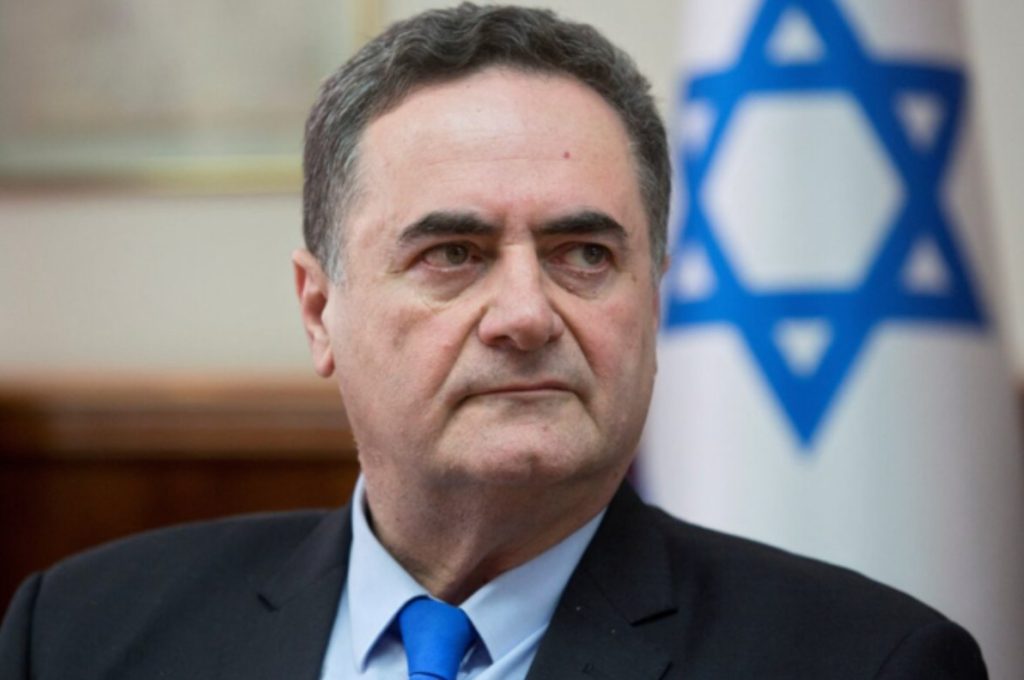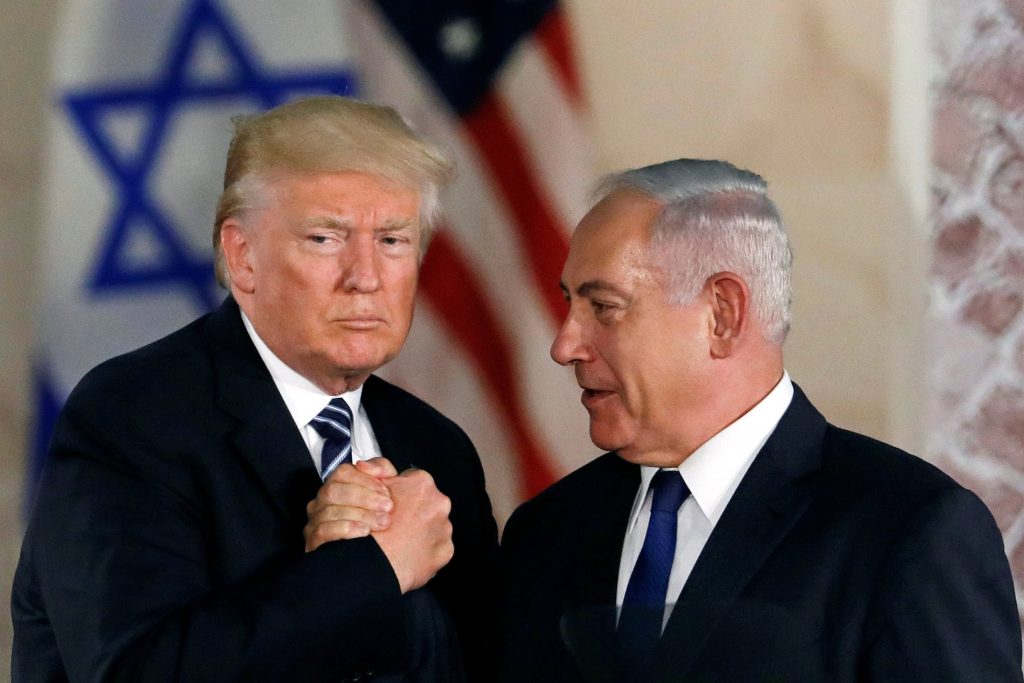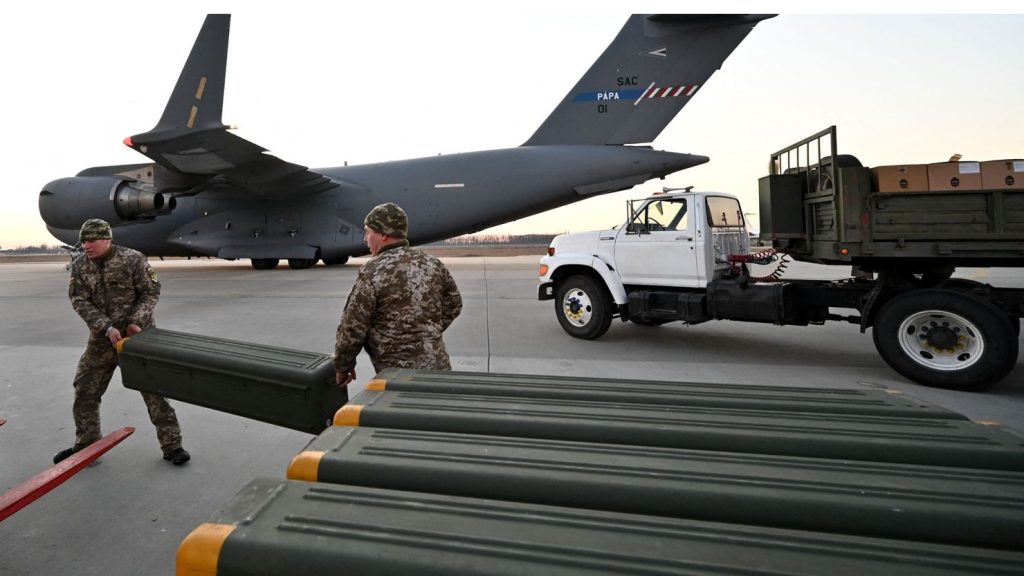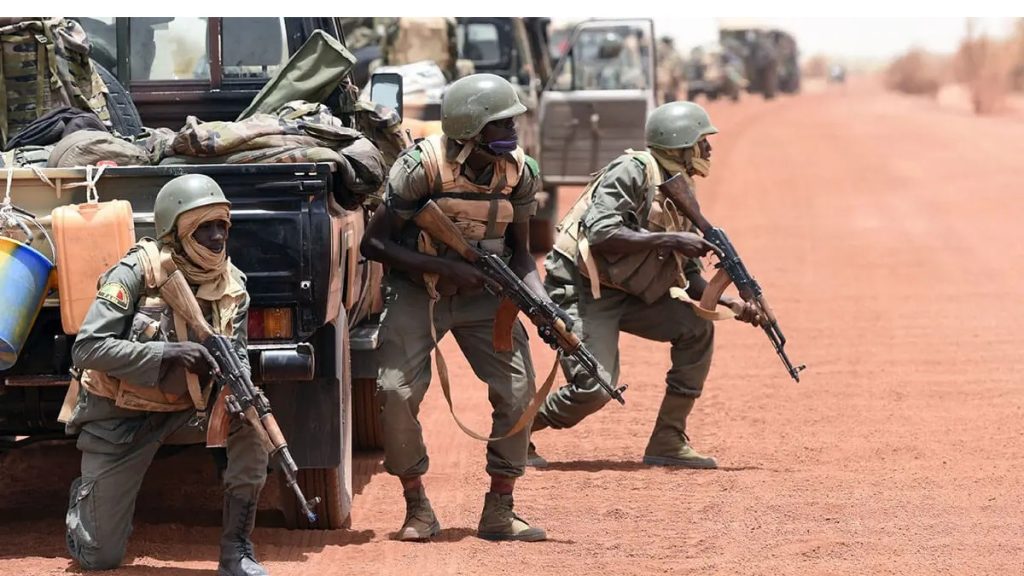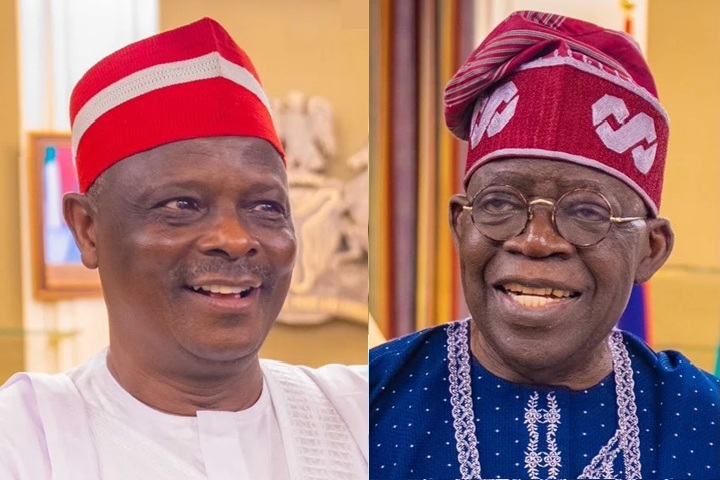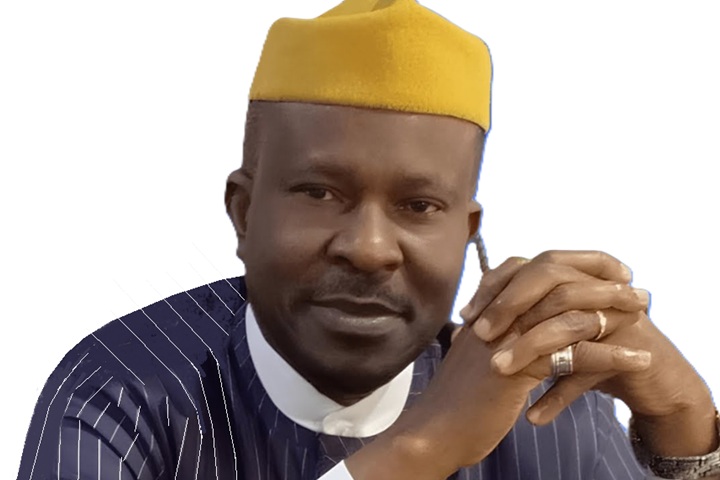Africa
Morocco’s Ambitious Stadium Projects Unveiled for 2030 FIFA World Cup

In anticipation of co-hosting the prestigious 2030 FIFA World Cup, Morocco has embarked on an ambitious initiative to construct and renovate stadiums, showcasing the nation’s commitment to hosting a world-class football event.
As one of the selected co-hosts for the 2030 World Cup, Morocco is gearing up to provide a memorable and state-of-the-art experience for players, fans, and global spectators alike. The significant investment in stadium infrastructure underscores the nation’s dedication to leaving a lasting legacy in the world of football.
Key Facts and Developments:
1. **Co-Hosting the 2030 FIFA World Cup:** Morocco secured the honor of co-hosting the 2030 FIFA World Cup, a testament to its rich football history, passionate fan base, and commitment to fostering the sport’s global growth.
2. **Stadium Construction and Renovation:** The heart of Morocco’s preparations lies in the construction and renovation of stadiums across the country. This initiative aims to not only meet FIFA’s stringent requirements but also to enhance the overall football infrastructure within the nation.
3. **World-Class Facilities:** Morocco’s plan involves creating world-class facilities that go beyond the immediate needs of the tournament. These upgraded stadiums are expected to become focal points for future football events, contributing to the ongoing development of the sport domestically.
4. **Economic and Social Impact:** The stadium projects are anticipated to have a significant economic and social impact, creating job opportunities, boosting tourism, and fostering a sense of national pride. The construction and renovation efforts are expected to serve as catalysts for overall development in the host cities.
5. **Legacy Beyond 2030:** Morocco’s commitment to leaving a lasting legacy extends beyond the tournament. The upgraded stadiums will provide a lasting benefit to local communities, offering improved sporting facilities for aspiring athletes and football enthusiasts.
6. **FIFA Standards and Regulations:** All construction and renovation activities adhere to FIFA’s stringent standards and regulations, ensuring that the stadiums meet the highest criteria for hosting international football competitions.
7. **Sustainable Initiatives:** Morocco is incorporating sustainable and eco-friendly elements into the stadium projects, aligning with global efforts to promote environmentally conscious infrastructure. This includes considerations such as energy-efficient lighting, water conservation measures, and waste management strategies.
As Morocco progresses with its preparations, the nation is not only focused on delivering a seamless and memorable World Cup experience but also on leveraging this opportunity to propel its footballing legacy into a new era. The spotlight on Morocco as a co-host for the 2030 FIFA World Cup is set to showcase the nation’s prowess in hosting major international events and contributing to the global football community.
For Diaspora Digital Media Updates click on Whatsapp, or Telegram. For eyewitness accounts/ reports/ articles, write to: citizenreports@diasporadigitalmedia.com. Follow us on X (Fomerly Twitter) or Facebook



